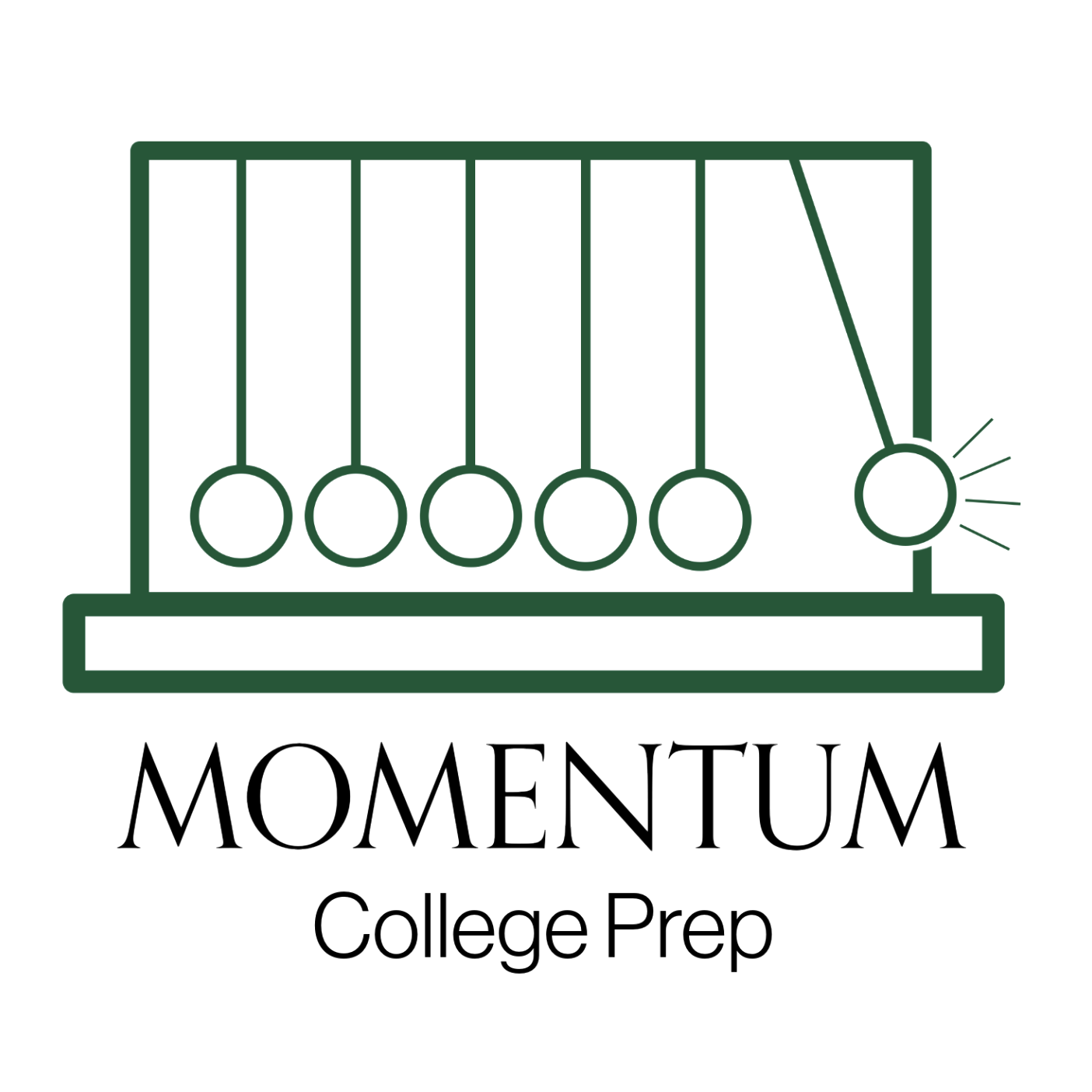Banning Legacy Admissions: What It Means
The landscape of college admissions is undergoing significant changes, as several states move to eliminate legacy and donor preferences at prestigious institutions. These shifts reflect a broader movement in admissions practices, and bring new challenges for students applying to the nation’s top schools. At Momentum College Prep, we specialize in helping students adapt to these changes and stand out in an increasingly competitive and evolving admissions process.
Legacy admissions refer to the practice of giving preferential consideration to applicants who are related to alumni of an institution, such as children, grandchildren, or siblings. The rationale behind legacy admissions is often linked to the belief that these individuals may have a closer connection to the institution or a higher likelihood of engaging with the college community.
States Leading the Change
Several states have taken action to phase out legacy and donor preferences. Here is an overview of where these changes are being implemented and which institutions are most affected:
California: As of September 30, 2024, California passed legislation banning legacy and donor preferences at private colleges, including Stanford University and the University of Southern California. This law will take full effect by September 2025.
Virginia: Starting July 1, 2024, public colleges in Virginia will no longer be allowed to consider legacy status in admissions decisions.
Maryland: Maryland is advancing legislation to eliminate legacy admissions at both public and private institutions, with potential effects on schools such as Johns Hopkins University.
Illinois: In August 2024, Illinois enacted a ban on legacy admissions at public universities.
Colorado: Colorado was among the first to ban legacy admissions at public institutions, with the law taking effect in 2021.
Impact on Admissions
With the removal of legacy and donor preferences, the college admissions process is undergoing adjustments. Here's how these changes may impact applicants:
Increased Competition for All Applicants: As legacy and donor preferences are phased out, students from all backgrounds will compete under the same criteria, emphasizing academic performance, extracurricular involvement, and personal essays.
Greater Focus on Holistic Admissions: As legacy preferences are reduced, admissions offices may focus more on holistic review, where factors such as grades, test scores, extracurriculars, essays, and recommendations are considered in a comprehensive evaluation.
How Momentum Can Help
At Momentum College Prep, we are well-versed in these changing dynamics and provide expert guidance to help students succeed in this evolving admissions landscape. Our services include:
Personalized Application Strategies: We help students create applications that effectively showcase their academic achievements, leadership roles, and personal strengths.
Essay Guidance: Our team offers support in crafting well-written, impactful essays that help students communicate their unique stories and aspirations.
Holistic Approach: We ensure that each component of your application—grades, extracurriculars, essays, and recommendations—works together to present a cohesive and compelling case to admissions committees.
Contact us today for a free consultation and let MCP help you navigate these changes to reach your college goals!

